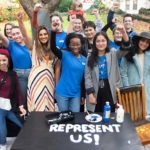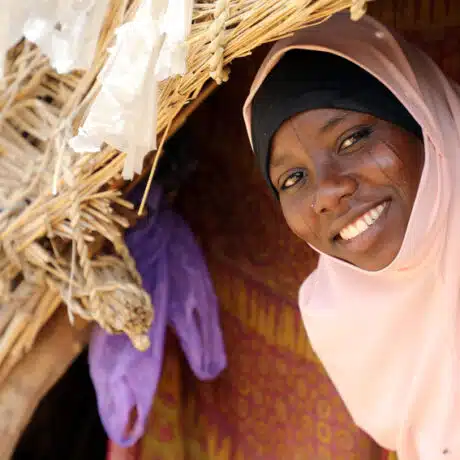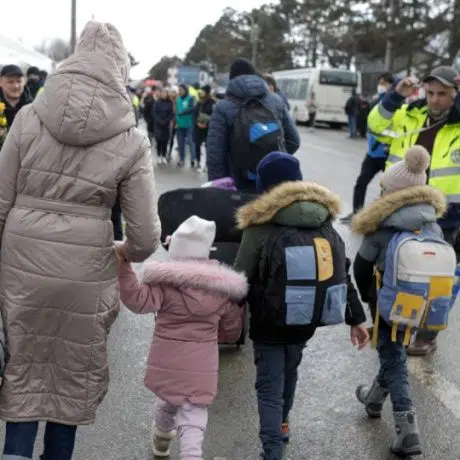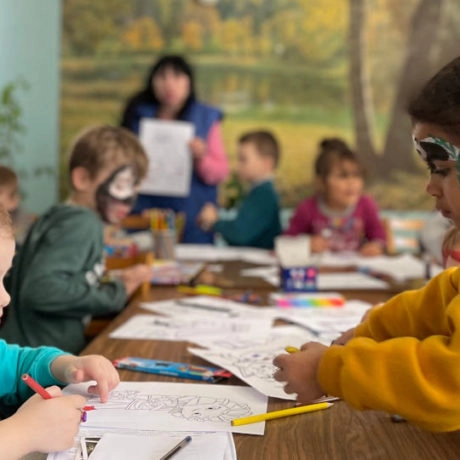News and Stories - Child Protection - 25 May 2022
Combatting Female Genital Mutilation (FGM) in Guinea
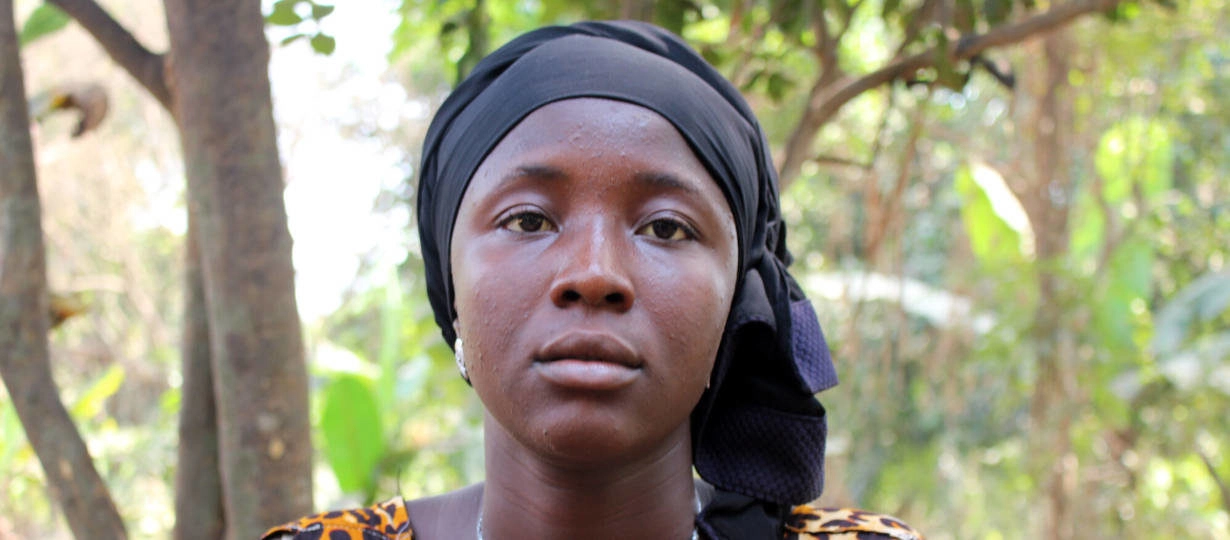
Combatting Female Genital Mutilation (FGM) in Guinea
Mariame was 15 years old when she was subjected to Female Genital Mutilation (FGM), and she still lives with the consequences today at 22.
“FGM has left me almost disabled. I am a victim of this practice. I still experience pain and continue to endure it to this day.” Guinea, where Mariame is from, has the second highest rate of FGM in the world after Somalia, with around 96 percent of women and adolescent girls being cut, despite laws banning this harmful and sometimes fatal practice.
We don’t need the knife to learn what is important in life. We have to let our young sisters grow up safely.- Mariame
FGM is often seen as a gateway to marriage and a way of preserving a girl’s purity, and it continues in Guinea due to extreme social pressure and parents fears of being excluded from the community or worried that their daughters will never be married if they haven’t undergone the procedure.
But because of FGM, girls can face short-term complications, such as severe pain, excessive bleeding, infections, and difficulty in urinating, as well as longer-term consequences for their sexual and reproductive health and mental health.
Together with local partners in Guinea, Plan International has implemented a community-wide project to raise awareness around the dangers of FGM and provide support to women and girls who have suffered complications as a result of being cut. In addition to this, the project also includes training sessions on gender equality and sexual and reproductive health and rights, and Mariame has become a leading figure in the awareness raising sessions.
“My testimony has helped stop several cases.” She shares. “In the past, the girls didn’t know the consequences of being cut, they thought that if they don’t do it, they would be stigmatised.”
“Initially in this village, it was not allowed to promote the abandonment of FGM,” Mariame explains, “But given what I have experienced, when I learned of the arrival of Plan International to fight against this practice, I was the first to welcome them and to encourage parents to attend the awareness raising sessions. Because the consequences are enormous, the only child I had was by caesarean section, as I couldn’t give birth on my own.”
Since the initial implementation, the project has been extended to 80 new districts in different regions of Guinea, and in one region alone, almost 1000 girls have been prevented from undergoing FGM.
In Mariame’s community, people are now aware of the true consequences of FGM and no one is excluded for not being cut – in fact, the number of girls who have not been cut is now higher than the number of girls who have undergone FGM.
“Today in our village, I can assure you that the practice of female genital mutilation is a bad memory, because even my own parents who encouraged the practice regret it today,” Says Mariame. “We all agree that we can educate our daughters without cutting them.”
Learn more about the impacts of FGM and how you can help end this harmful practice.

